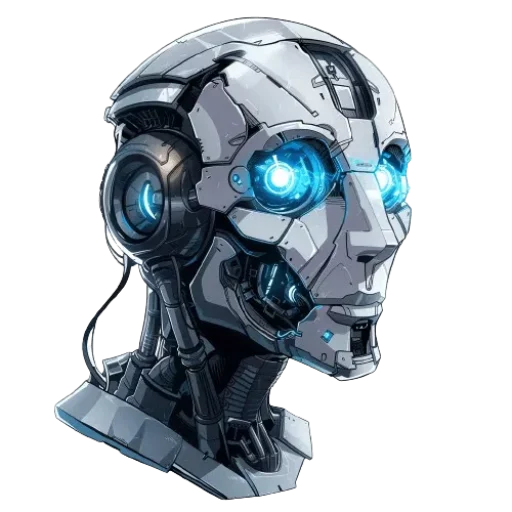Key findings
Ophthalmic Medical Technologists utilize skills like critical thinking, active listening, and judgment to perform tasks such as conducting eye exams and assisting in surgeries.
While GenAI will enhance data analysis and streamline administrative duties, it will not replace the human touch needed in patient care and complex problem-solving in this field.
How could AI or automation replace or complement job activities?
AI, automation, or LLMs like Chatgpt could enhance processes for Ophthalmic Medical Technologists.
They could assist in record-keeping, patient education, and basic measurements.
However, the intricate tasks requiring human judgment, empathy, and physical skills could not be replaced.
For example, these technologies could help streamline administrative tasks, allowing technologists to focus more on patient care and complex procedures.
Job description
Help the ophthalmologists by doing eye exams and taking eye photos. Teach and oversee other eye care staff. Help with small surgeries, keep things clean, and get instruments ready. Sometimes do eye exams, give eye medicine, and teach patients how to use glasses.



0 Comments